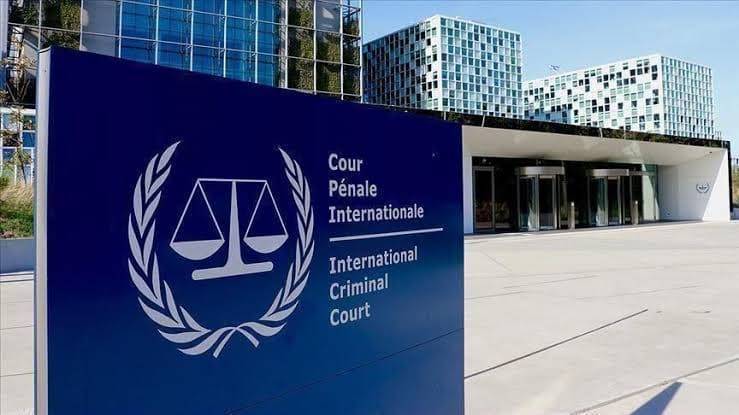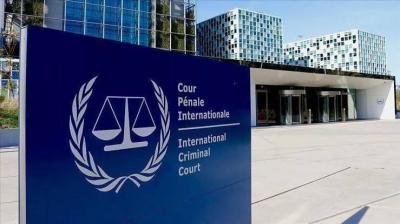The Office of the Prosecutor of the International Criminal Court (ICC) has requested the issuance of arrest warrants for Israeli Prime Minister Benjamin Netanyahu, Defense Minister Yoav Gallant, and three Hamas leaders on charges of committing war crimes and crimes against humanity attributed to them. Below is an overview of what will happen next, and the impact of Prosecutor Karim Khan's move on diplomatic relations and other legal issues centered on Gaza.
* **What Happens Next at the ICC?**
The request from Prosecutor Karim Khan will go to the Pre-Trial Chamber of the ICC, which will consist of three judges: Chief Justice, Romanian judge Julia Motoc, Mexican judge Maria del Socorro Flores Liera, and Beninese judge Rene Alapini Gansu. There is no deadline by which the judges must make a decision regarding issuing arrest warrants. In previous cases, it has taken judges anywhere from a month to several months. If the judges agree that there are "reasonable grounds" to believe that war crimes or crimes against humanity have been committed, they will issue an arrest warrant. The warrant must specify the individual and the specific crimes they are charged with, along with a statement of the facts alleged to constitute those crimes. Judges can modify requests for arrest warrants and approve only parts of what the prosecutor is asking for. Charges can also be modified and updated later. Israeli and Hamas leaders deny the allegations of war crimes and have criticized Khan's decision.
* **Will Netanyahu and Hamas Leaders Be Arrested?**
The Rome Statute of the ICC, along with legal precedents in cases involving arrest warrants against sitting heads of state, requires all 124 member states of the ICC to arrest and surrender any individual against whom an ICC arrest warrant is in effect if they step foot on their territory. However, the court has no means to enforce the arrests. The maximum penalty for not arresting a person is referral to the Assembly of States Parties to the ICC, and ultimately a referral to the UN Security Council.
* **Can an ICC Order or Investigation Be Temporarily Suspended?**
The court's rules allow the UN Security Council to adopt a resolution that stops or defers an investigation or trial for one year, with the possibility of indefinite renewal. In previous instances where a state ignored its obligation to arrest an individual facing an ICC arrest warrant, the most severe consequence faced by that state was reprimand. Israel or Palestinian authorities could also submit a formal request to the prosecutor's office to postpone the case if they are investigating themselves or prosecuting individuals for the same alleged criminal acts. The prosecutor would then have to temporarily halt the case and assess whether the requesting party is indeed conducting a genuine investigation. If the prosecutor finds that the investigations of that party are inadequate, they may request the judges to reopen the investigation.
* **Can Netanyahu and Yahya Sinwar Still Travel?**
Yes, they can. The request for or issuance of an arrest warrant from the ICC does not limit an individual's freedom to travel. However, once an arrest warrant is issued, the individuals targeted by the warrants become susceptible to arrest if they travel to an ICC member state, which may affect decision-making processes. There are no restrictions on political leaders, legislators, or diplomats regarding meeting with individuals against whom the ICC has issued arrest warrants, but politically, such meetings may be seen as a liability.
* **Does the Request for Arrest Warrants Affect Other Cases?**
This request has no direct impact, but it may have indirect effects. The ICC's request is considered a separate matter, for example, from cases presented in courts seeking to impose arms embargoes on Israel or South Africa's attempts at the International Court of Justice to stop the Israeli assault on Rafah. If the judges determine that there are reasonable grounds to believe that Netanyahu and Defense Minister Yoav Gallant are committing war crimes and crimes against humanity in Gaza, it could lead to increased legal challenges calling for arms embargoes elsewhere, as many countries have provisions against selling arms to countries that may use them in ways that violate international humanitarian law.




